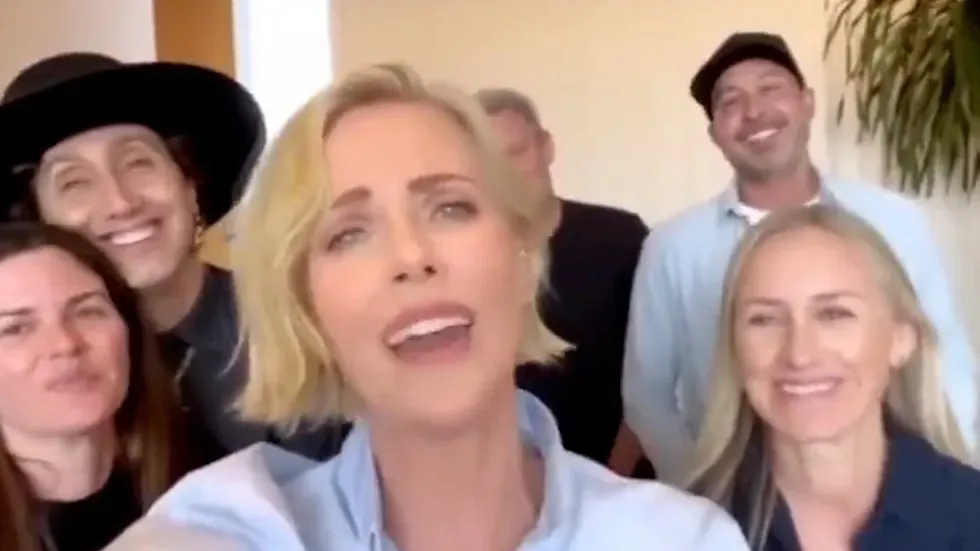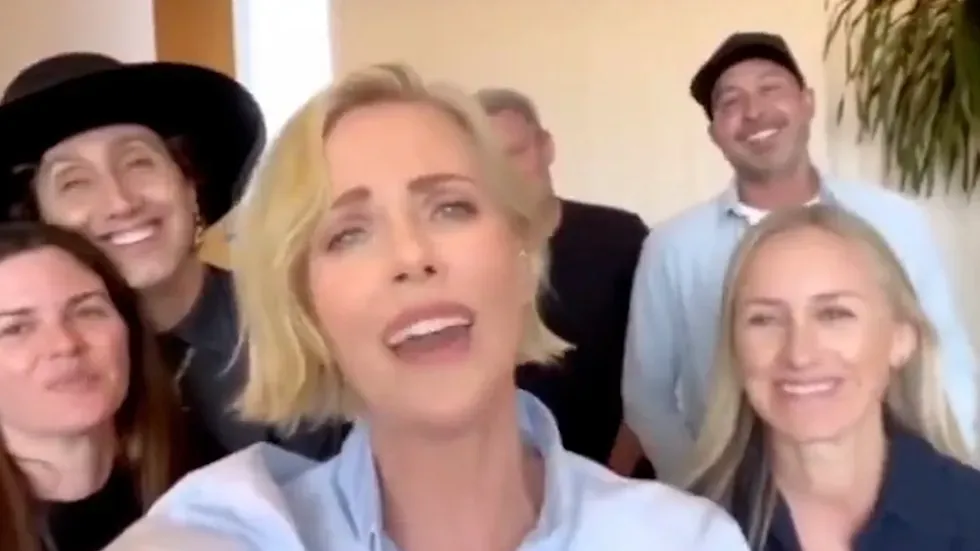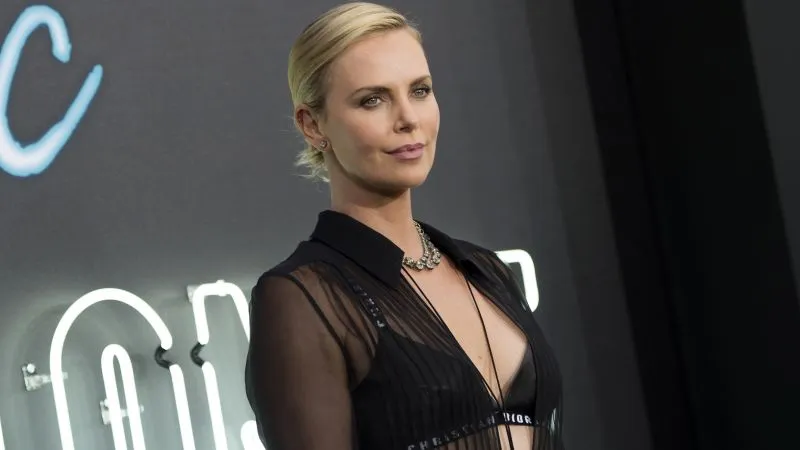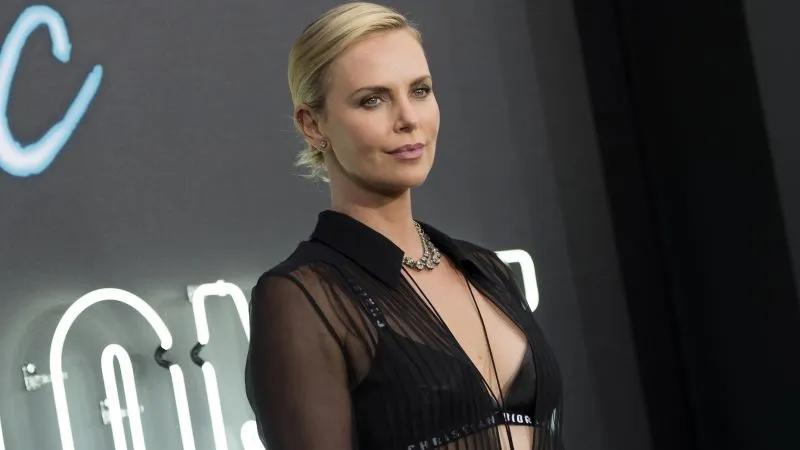Charlize Theron deepfakes
Regarding Charlize Theron’s relationship with deepfakes, it’s important to note that while deepfakes can be used to create images of any public figure,

- Alexander Reed
- 3 min read

 Regarding Charlize Theron’s relationship with deepfakes, it is important to note that, although deepfakes can be used to represent the image of any public figure, there is no confirmed public report or evidence that Charlize Theron has been directly affected or targeted by this technology.
Regarding Charlize Theron’s relationship with deepfakes, it is important to note that, although deepfakes can be used to represent the image of any public figure, there is no confirmed public report or evidence that Charlize Theron has been directly affected or targeted by this technology.
Deepfakes are a method of synthesizing images and videos of people using deep learning technology. It simulates and replaces human faces through neural networks to generate images or videos that appear to be real but are actually tampered with. This technology has attracted widespread attention due to its potential abuse risks (such as falsifying political speeches, pornographic content, etc.).
As a well-respected South African actor, producer, and Oscar winner, Charlize Theron’s public image and professional achievements are widely recognized. Although deepfakes can theoretically be applied to her image, there is currently no confirmed evidence that her image has been used for such falsification activities.
 As deepfakes continue to advance, public figures and related institutions are increasingly concerned about the negative impact they may have. Therefore, many organizations and individuals are actively developing technologies to detect and prevent deepfakes to ensure the authenticity and credibility of information.
As deepfakes continue to advance, public figures and related institutions are increasingly concerned about the negative impact they may have. Therefore, many organizations and individuals are actively developing technologies to detect and prevent deepfakes to ensure the authenticity and credibility of information.
It is very important for Charlize Theron’s fans and followers to remain vigilant and not easily believe unverified pictures or videos to avoid being misled by deep fake technology. At the same time, they should respect her privacy and rights and avoid participating in any activities that may damage her image or reputation.
In short, although deep fake technology can be applied to the image of any public figure, there is currently no conclusive evidence that Charlize Theron was directly affected by this technology. We should remain rational and vigilant to deal with the risks that this technology may bring.
Charlize Theron, like many celebrities, has been the subject of deepfake technology. Deepfakes use artificial intelligence to generate highly realistic but fictitious videos or images. Here’s an exploration of how her image might be used and the implications associated with it:
 Uses of Charlize Theron’s deepfakes:
Uses of Charlize Theron’s deepfakes:
- Entertainment and fan creations:
Film and television: Deepfakes can be used for special effects or digital doubles in film and television. Although there are no widely publicized cases of Theron being deepfaked specifically for such purposes, similar techniques are often explored in the industry.
Fan content: Fans might create deepfake videos imagining Theron in different roles or situations.
- Commercial and advertising:
- Promotional materials: Deepfakes might be used in marketing campaigns, although this would usually require her permission. Brands might use her image to create engaging or futuristic ads.
- Potential for abuse:
- Unauthorized content: Unfortunately, deepfakes can also be used maliciously. Unauthorized deepfakes may portray celebrities in an inappropriate or misleading light, potentially damaging their reputation or privacy.
Impacts and Concerns:
- Ethical Considerations:
- Consent: The primary ethical concern is consent. Celebrities like Theron may have limited control over how their images are used in deepfakes, which could lead to potential exploitation or misinformation.
- Disinformation: Deepfakes could spread disinformation or fake news, as realistic-looking videos could be used to trick viewers into believing a false narrative.
- Legal Issues:
- Copyright and Personality Rights: Using a celebrity’s image without permission could infringe on their rights. Legal frameworks are evolving to address these concerns, but enforcement can be challenging.
- Defamation and Harassment: There are legal risks in creating deepfakes that defame or harass individuals, including celebrities.

- Public Perception:
- Trust in the Media: As deepfake technology becomes more sophisticated, public trust in the media and online content could decline, making it more difficult to discern fact from fiction.
Charlize Theron and other celebrities are increasingly aware of the potential for their images to be misused. Ongoing discussions about regulation and the ethics of the technology aim to address these issues and protect individuals from the negative consequences of deepfakes.
- Tags:
- Charlize Theron